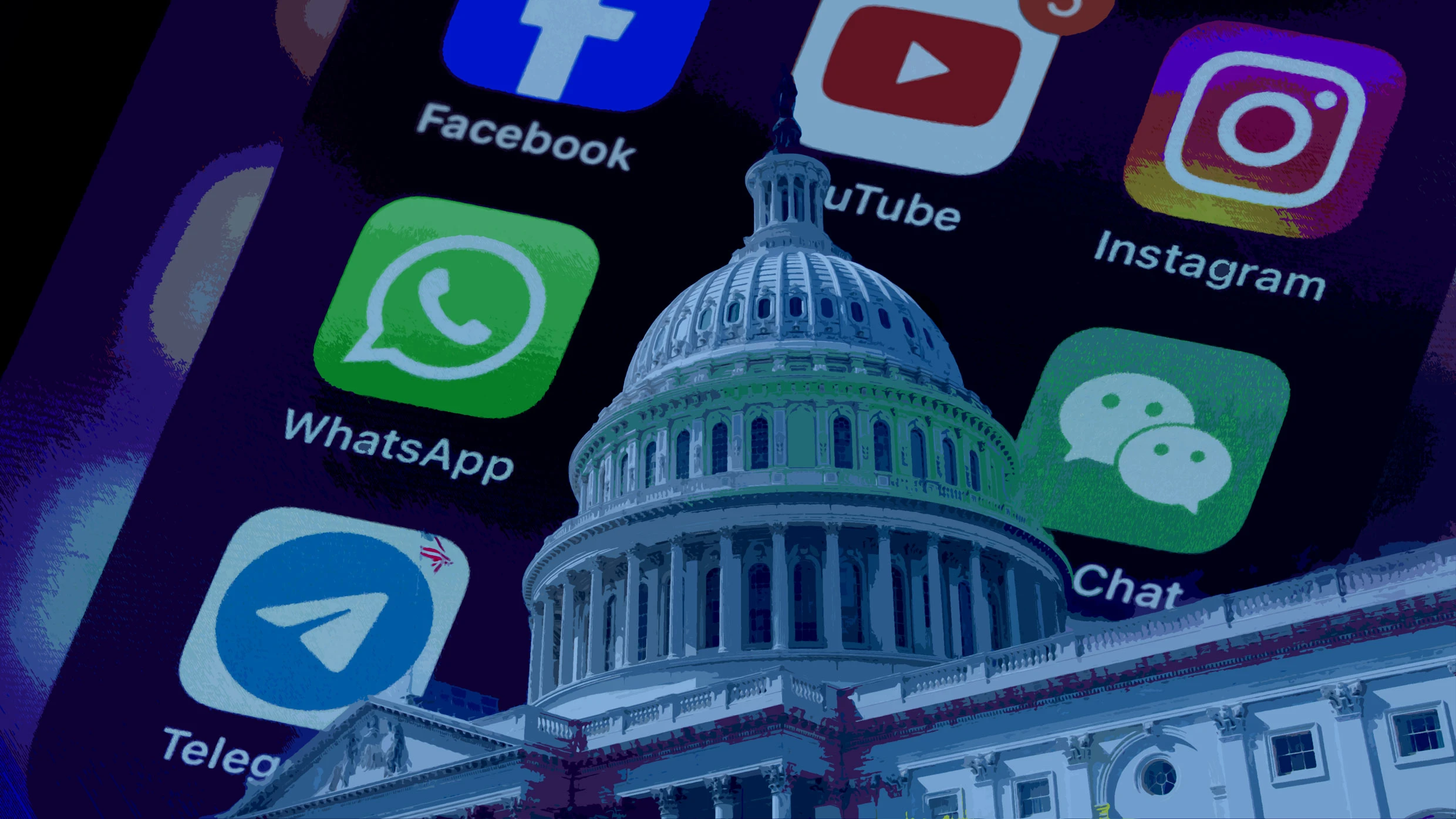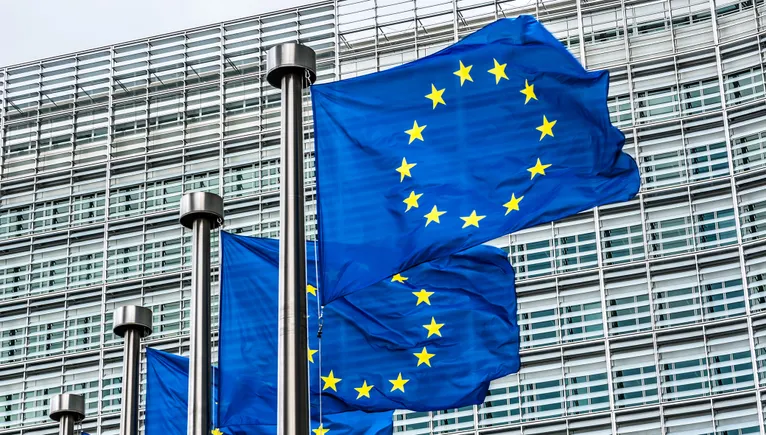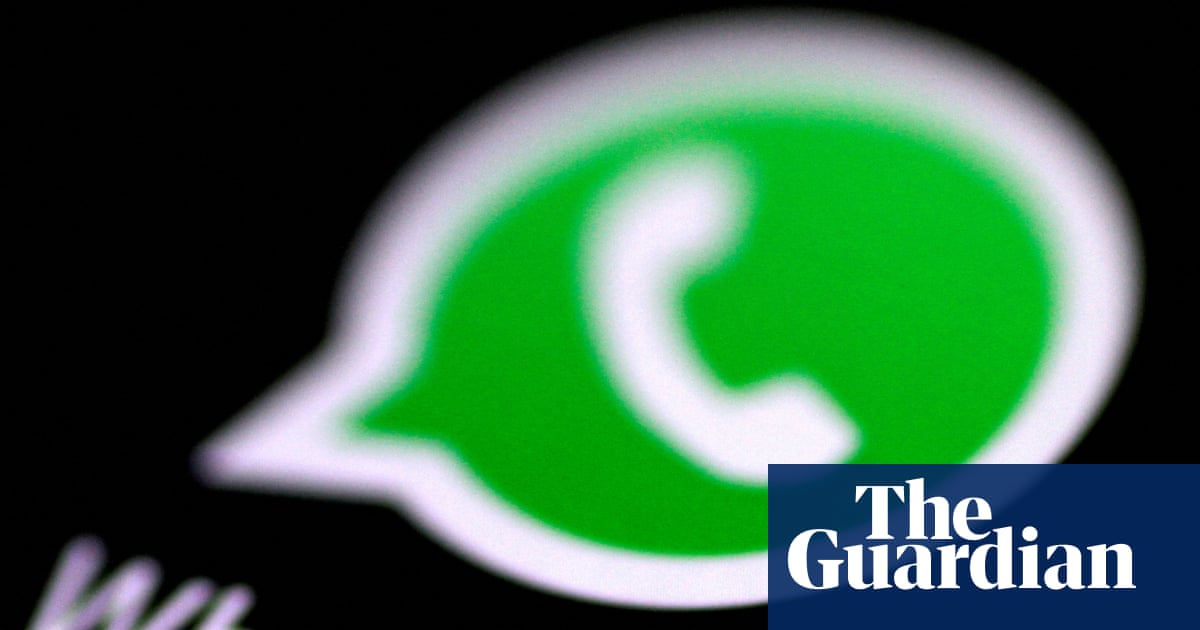Fashion & style
fromBusiness Insider
1 day agoMark Zuckerberg and Priscilla Chan step out in matching Prada loafers at Milan Fashion Week
Mark Zuckerberg and Priscilla Chan attended Prada's Fall/Winter fashion show in Milan wearing coordinated designer loafers, reflecting Zuckerberg's growing fashion influence and Meta's expanding eyewear partnerships.





















